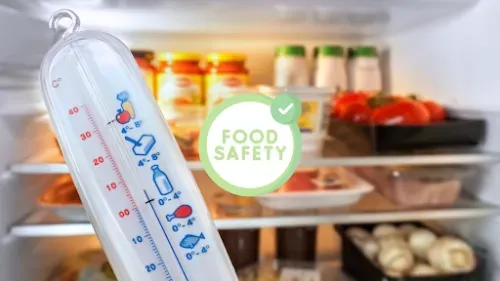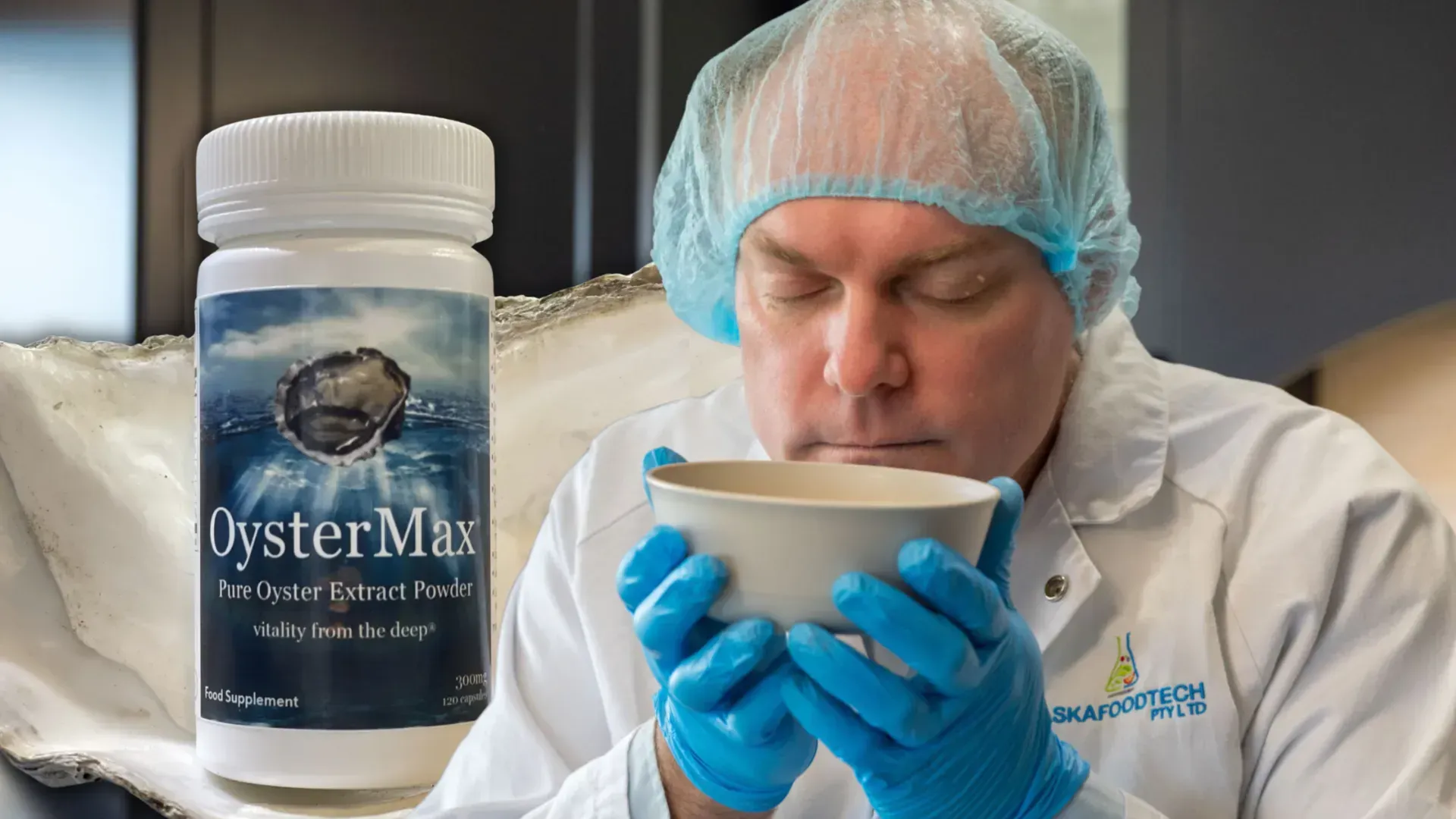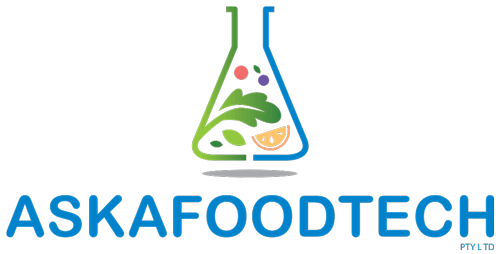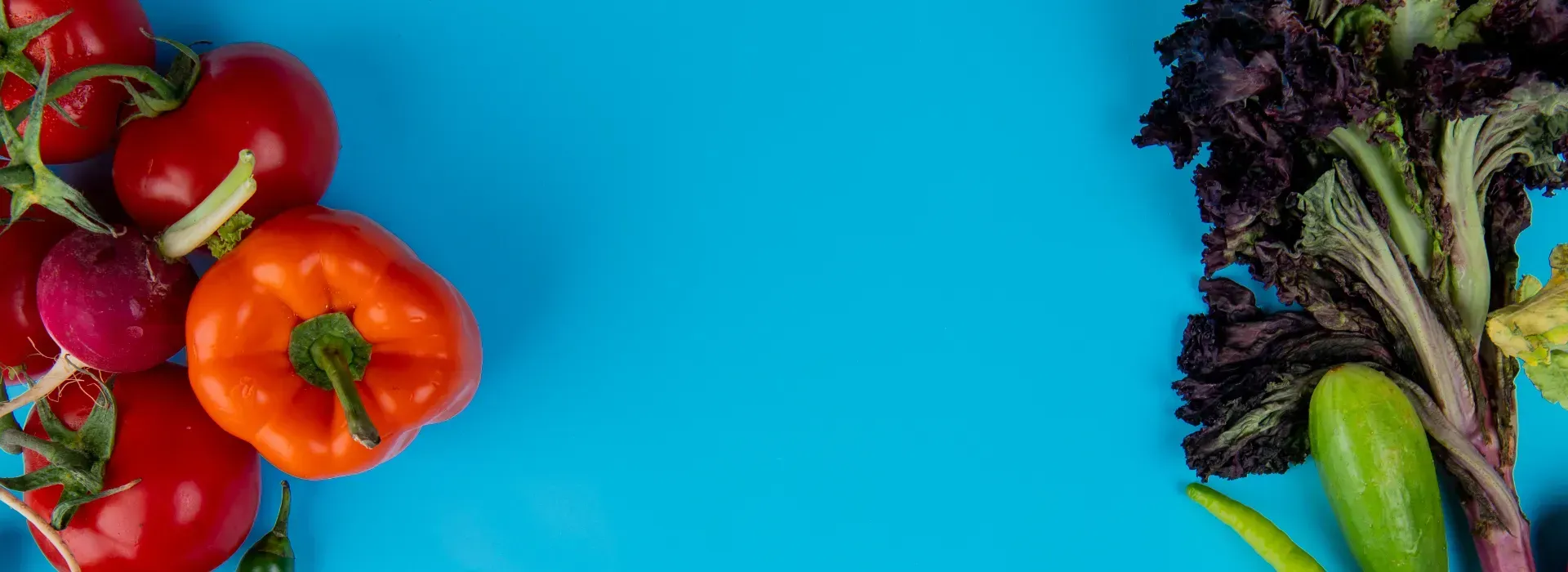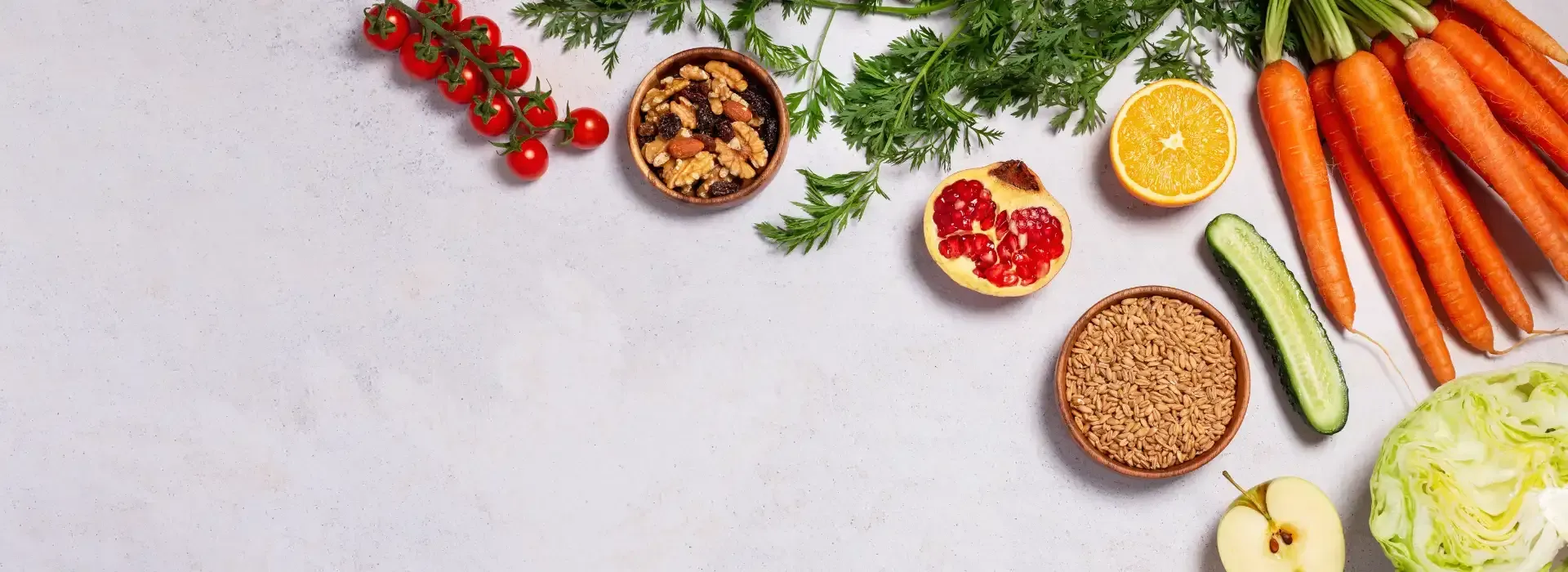Kids and Food Allergies: Managing Allergies in Schools and at Home
The joyous anticipation of a new school year can be overshadowed by anxiety for families with children who have food allergies. From navigating the tuckshop line to classroom birthday treats, the school environment can feel like a minefield of potential allergens.
However, with careful planning, open communication, and a collaborative approach with the school, you can equip your child with the tools they need to thrive in a safe and inclusive environment.
This blog article will equip you with essential strategies for managing your child's food allergies throughout the school year.
Lessons and Activities: Ensuring Inclusion for All
All children should have the opportunity to fully take part in classroom activities, regardless of food allergies. While adjustments may be necessary, the goal is to ensure no child feels excluded or isolated.
- Creative Alternatives:
- Wheat Allergy: If a child is allergic to wheat, consider using alternative materials for modelling clay, such as air-dry clay or playdough made with alternative flours.
- Cooking and Food Science:
- Open Communication: Prior to any cooking or food science activity, teachers should consult with parents/guardians to discuss the child's allergies and plan accordingly.
- Menu Planning - While it is sometimes difficult to cater for all students, modifying the task to include different menu choices, substituting an allergen for a non-allergen. For example, a student with an egg allergy can make pancakes using the same recipe but use an egg substitute like chia seed powder.
- Mealtime Considerations:
- Hand Hygiene: Encourage all students to wash their hands thoroughly before and after eating.
- Seating Arrangements: When possible, consider seating arrangements that minimize exposure to allergens. For example, younger children with food allergies might benefit from sitting near "tidy eaters”.
- Constant Supervision: Closely supervise young children during mealtimes to ensure they are not exposed to allergens.
- Strict No-Sharing Policy: Reinforce the importance of not sharing food or drinks under any circumstances.
Communication is Key: Building a Team for Your Child's Safety
- Schedule Early Meetings: Before the school year begins, request a meeting with your child's teacher, school nurse, and principal. This proactive approach allows you to discuss your child's allergies in detail and collaboratively develop a comprehensive Allergy Management Plan (AMP).
- Equipping Educators: During the meeting, provide the school staff with clear information about your child's allergies, including a list of specific allergens and the severity of reactions. Explain the symptoms of an allergic reaction and the use of an epinephrine auto-injector (EpiPen) if prescribed by your child's doctor.
- Open Communication Channels: Establish clear communication channels with the school nurse and teachers. Discuss how you will be informed of any incidents or potential exposures, and how any necessary medications will be administered.
- Educating the Class: With your permission, encourage the teacher to educate the classroom about food allergies in a way that is age appropriate. This can help foster a culture of understanding and inclusivity, while also reminding classmates about the importance of avoiding food sharing and handwashing.
Equipping Your Child for Success: Packing Allergy-Safe Meals and Snacks
- Plan and Prepare: To ensure your child has access to safe and nutritious meals throughout the day, pack lunches and snacks from home whenever possible. This allows you to control the ingredients and avoid any hidden allergens.
- Labelling is Essential: Clearly label all your child's food containers with their name, a list of ingredients, and any allergy warnings. This helps to avoid confusion and ensures that others are aware of the contents.
- Variety is Key: While managing allergies, it's important to ensure your child has a balanced and enjoyable diet. Explore allergy-friendly recipes and involve your child in meal planning to create a lunchbox they'll look forward to.
- Navigating the Tuckshop: If your child will be buying meals from the school cafeteria, work with the school dietician or food service staff to identify safe options that meet your child's dietary needs and preferences. Discuss options for dealing with situations where there may not be suitable pre-prepared meals available.
Beyond the Lunchbox: Managing Food Allergies in the Classroom
- Classroom Celebrations: Birthday parties and classroom celebrations can be a challenge for children with allergies. Discuss alternative treat options with your child's teacher, such as non-food treats like stickers, pencils, or small toys. Talk to the tuckshop convenor if it is ok to store some labelled cupcakes appropriate to your child's allergies in their freezer for classroom celebrations.
- Field Trips and Excursions: Field trips and excursions often involve packed lunches or school-provided snacks. Work with the teachers and organizers well in advance to discuss your child's allergies and plan accordingly. In some cases, you may need to provide a separate meal for your child.
- Food Demonstrations and Activities: Some classroom activities may involve food preparation or demonstrations. Discuss these activities with the teacher beforehand and explore alternative ways for your child to participate. This could involve focusing on the non-food aspects of the activity, such as observing or reading about the ingredients.
Empowering Your Child: Building Independence and Safe Food Handling Practices
- Age-Appropriate Education: Tailor your discussions about food allergies to your child's age and understanding. Teach them to identify their allergens and explain why it's important to avoid them.
- Safe Food Handling Practices: Reinforce the importance of thorough handwashing before eating and avoiding food sharing with classmates. Role-play scenarios where your child might encounter allergens and practice how they can politely decline offered food.
- Building Confidence: Help your child feel confident in advocating for themselves. Teach them to communicate their allergies to teachers, lunch staff, and classmates clearly. Role-play scenarios where they can explain their allergies and ask for allergen information.
- Emergency Preparedness:
If your child carries an EpiPen, ensure they understand how and when to use it, and share their knowledge with trusted friends.
Source: Food Allergy Research & Education (FARE): www.foodallergy.org and www.allergyfacts.org.au.
In Summary.
Navigating the back-to-school season with a child who has food allergies requires careful planning and proactive communication. This article outlines key strategies for Australian families, including open dialogue with school staff, creating a comprehensive Allergy Management Plan, packing safe and nutritious meals, and educating both your child and their classmates about food allergies. By fostering a collaborative approach between parents, educators, and the school community, you can create a safe and inclusive learning environment where your child can thrive, despite their food allergies.

About the Author:
Stewart Eddie (Bapp Sc Food Science & Technology) is Director and Principal Food Tech at ASKAFOODTECH PTY LTD; a food technology consulting company that inspires, educates, and serves food producers with an ambition to grow and manage risk. Living with a severe food allergy and being a food technologist, Stewart is uniquely placed to help your food manufacturing business with your allergen management planning. If you would like more information on the services that ASKAFOODTECH PTY LTD can provide, please
contact us.
A purpose driven leader who has accumulated extensive hands-on experience in all aspects of developing and industrialising new products.
Stay up to date with ASKAFOODTECH.
Mailing List
Thank you for joining the ASKAFOODTECH mailing list.
Oops, there was an error in joining the ASKAFOODTECH mailing list. Please try again later.
